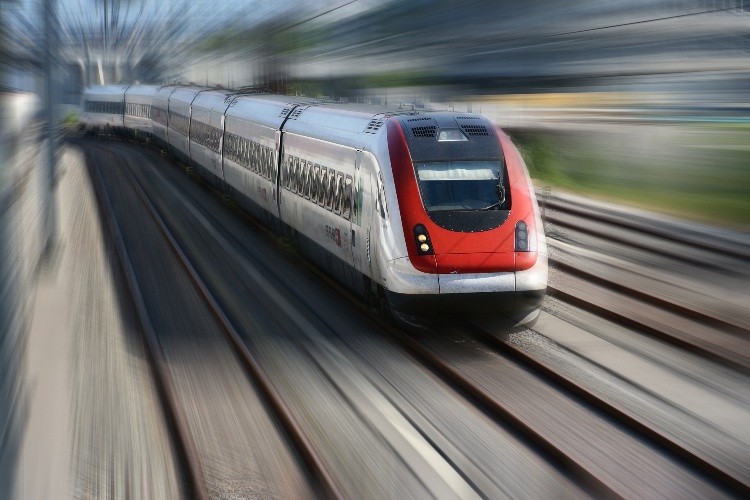Brussels – Brexit, but no Brexit. A paradox? No, the realization that restoring true customs controls could result in “significant disruption” in the import of EU products. For this reason, British authorities have signaled that they do not intend to return to strengthened and extensive port controls. A United Kingdom Department for Environment, Food and Rural Affairs (Defra) document, viewed by the Financial Times, highlights the risk of delays in the delivery of goods in the event of a new post-Brexit regime of controls, which is why despite the exit from the EU, new relations between the two sides of the Channel will continue to be reasoned as before referendum that resulted in the change of relationship between the U.K. and the continent.
The United Kingdom has continued to postpone the reinstatement of new border controls since 2021 and was supposed to put them in place this month. But port authorities, no longer equipped for such a volume of checks and inspections, warned that they could not respond to the new national regulations. Hence, the decision to proceed with a flexible approach. Checks will be made only for “high-risk products,” including meat and food products, considering how clogged the port of entry is.
For now, therefore, no cut-off. But the idea on which the UK is reasoning is the possibility of a gradual return to a new regime of full controls at customs, especially at ports, which in the case of the UK are the land borders for the island, highlighting how Brexit has produced repercussions in practical everyday life.
English version by the Translation Service of Withub



![Una donna controlla le informazioni sul cibo specificate sulla confezione [foto: archivio]](https://www.eunews.it/wp-content/uploads/2014/12/Etichette-alimentari.jpg)

